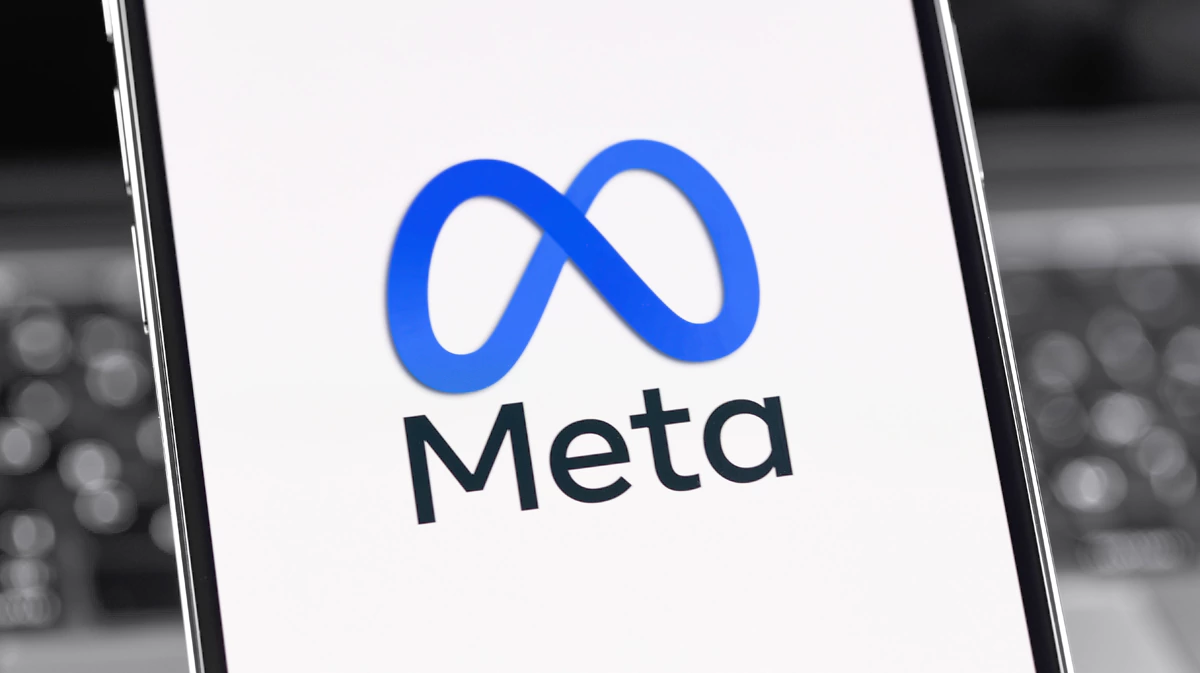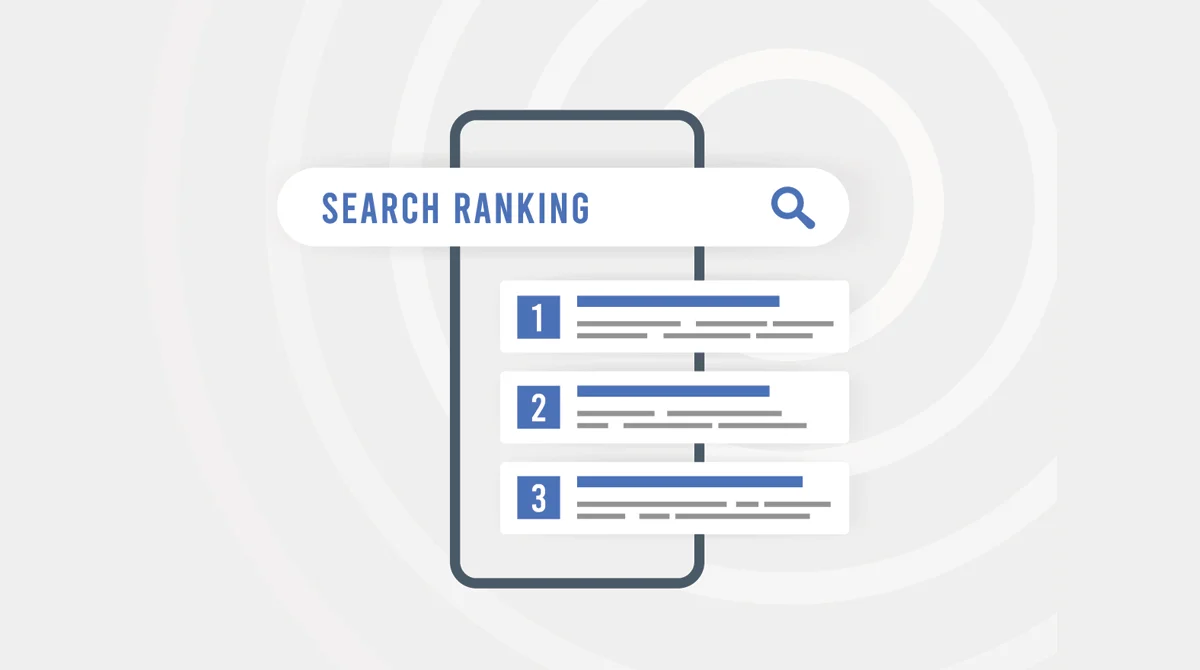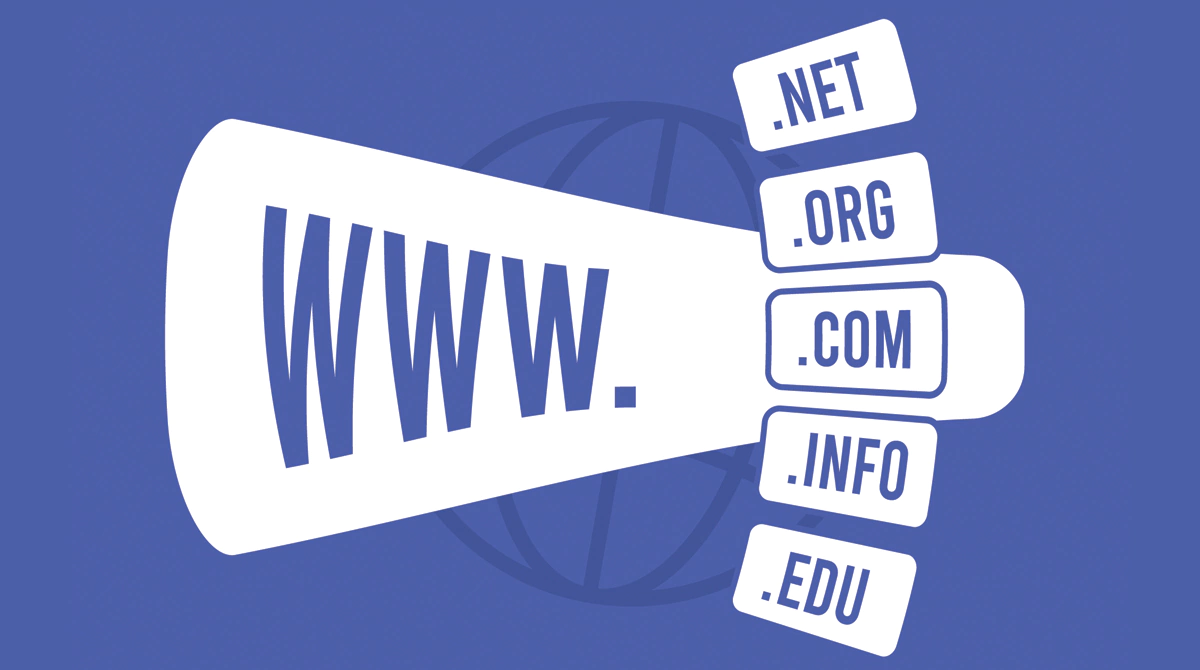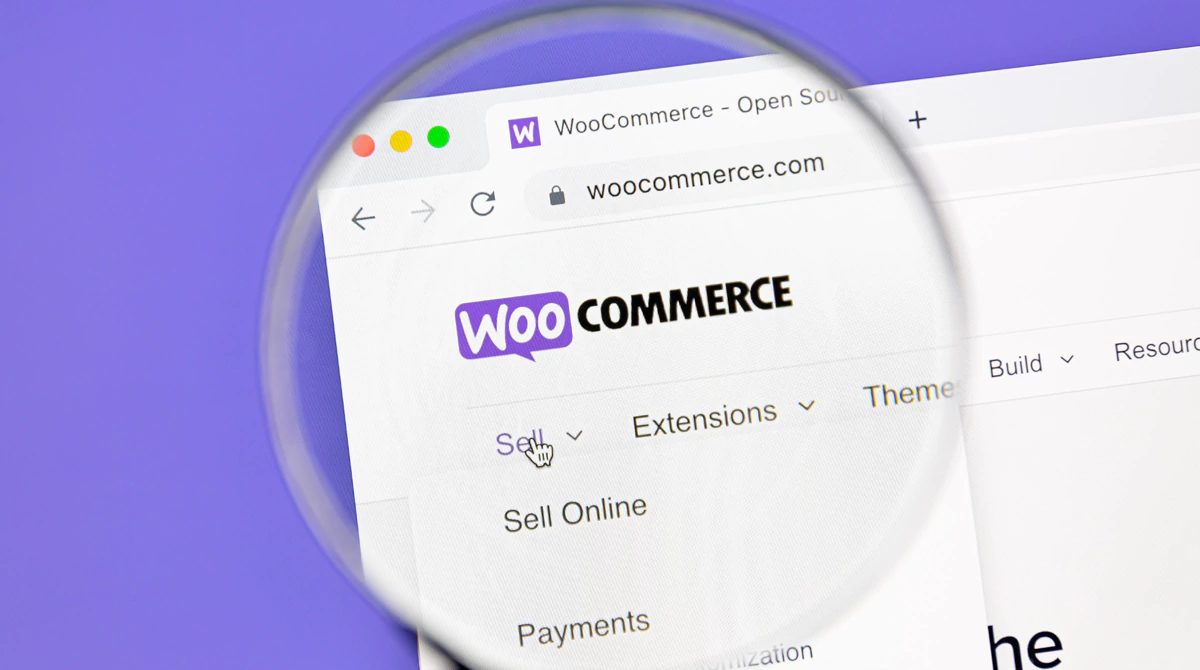In the digital era, companies with extensive websites, international user bases, and complex structures frequently find maintaining their search engine presence challenging. As a result, they sacrifice significant traffic and income to their rivals.
Consider investing heavily in content and campaigns yet being overwhelmed by issues like duplicate pages, indexing errors, or disjointed strategies. Meanwhile, competitors like Nike and Amazon effortlessly command top rankings with their meticulously crafted SEO. The consequences are significant: one minor technical error can effectively hide crucial pages, and obsolete methods can squander millions in potential return on investment.
Enterprise SEO is the solution. Businesses can transform their websites into powerful tools by integrating technical expertise, scalable content approaches, and data-driven adaptability. This blog outlines practical best practices to assist enterprises in regaining their search engine prominence.
What Is Enterprise SEO?
Enterprise SEO focuses on improving the organic search engine visibility, user experience, and alignment with the business goals of extensive websites. These large-scale websites include multinational corporate platforms, large e-commerce sites, and vast digital ecosystems, and they often have:
- Thousands or even millions of pages (such as Amazon’s product listings).
- Multiple subdomains or international versions (like Microsoft’s regional websites for different markets).
- Dynamic content (for example, real-time stock updates on Walmart’s online store).
- Complicated structures that include microsites, multilingual content, and content generated by APIs.
To illustrate, Samsung’s international website must manage product releases, technical specifications, and localised material for more than 50 nations. Enterprise SEO facilitates the smooth combination of these components while tackling issues such as redundant content, distribution of crawl budget, and server expandability.
What Makes Enterprise SEO Different From Traditional Strategies?
Enterprise SEO functions on a scale unfamiliar to most conventional methods. While smaller companies may concentrate on localised keywords or fundamental on-page optimisations, large organisations must manage complex structures, a global reach, and multifaceted stakeholder relationships. The vast scope and intricacy necessitate sophisticated tools, interdepartmental coordination, and a forward-thinking stance on technical and operational challenges. Here, we examine the crucial distinctions that define enterprise SEO.
Scale and Complexity
- Traditional SEO focuses on websites with hundreds of pages, typically run by one team.
- Enterprise SEO deals with sites with millions of pages, subdomains, and dynamic content, like eBay’s 1.5 billion listings. This presents several challenges, including:
- Crawl Budget Management: It is crucial to ensure that search engines focus on the most important pages.
- Duplicate Content: Variants of products or regional pages can create duplicates. For instance, ASOS uses canonical tags to handle repeated product URLs.
- Dynamic Content: Sites with real-time changes, such as Walmart’s inventory updates, need SEO-compatible rendering.
For example, Amazon uses AI tools to automate the creation of meta tags and maintain uniformity across its extensive catalogue.
Cross-Functional Collaboration
- Traditional SEO is usually managed by one marketer or a small group.
- Enterprise SEO necessitates collaboration among various departments, including IT, legal, user experience, and local teams.
- IT Collaboration: Developers are responsible for applying SEO suggestions while maintaining website performance. For instance, over 50 developers were involved during Target’s site migration.
- Legal Compliance: Compliance with regulations like GDPR and CCPA affects how tracking and data collection are conducted.
- Regional Teams: Global campaigns, such as Nike’s, require tailored SEO approaches for different regions, such as EMEA, APAC, and the Americas.
Example: Microsoft employs cross-functional “SEO task forces” to ensure coordinated updates for Bing search algorithms and product pages.
Advanced Technical Challenges
- Traditional SEO addresses fundamental issues such as broken links and missing alt text.
- Enterprise SEO focuses on more complex problems related to website structure:
- JavaScript Rendering: It ensures that search engines can index single-page applications that heavily use JavaScript, such as Netflix, which employs prerendering for dynamic elements.
- API-Driven Content: This involves sharing content across different platforms, as seen with Salesforce, which incorporates SEO into its API documentation.
- Security Protocols: It balances SEO needs with firewalls and tools that prevent bots from accessing the site.
Example: Adobe addressed indexing problems on its Creative Cloud platform by adopting server-side rendering.
Data-Driven Decision-Making
- Traditional SEO focuses on simple metrics such as rankings and traffic.
- Enterprise SEO utilises large data sets and predictive analysis.
- Machine learning plays a role, as seen with Spotify, which predicts popular keywords for playlist SEO.
- Competitor benchmarking is conducted with tools like SEMrush, which monitor rivals’ strategies on a large scale.
- ROI attribution connects organic traffic to revenue; for example, Expedia links 40% of its bookings to SEO efforts.
Example: Cisco uses AI to determine which content updates will yield the best traffic potential and keyword difficulty.
Global and Local Balancing Act
- Traditional SEO focuses on one language or region.
- Enterprise SEO handles multiple languages and regions.
- Hreflang Tags: IKEA employs hreflang to guide users to specific country websites.
- Local Search Engines: Optimising for Baidu in China or Yandex in Russia is essential.
- Cultural Adaptation: Coca-Cola customises content for local festivals and phrases.
For example, Airbnb localises listings and SEO data for over 220 countries, adapting currency and language settings.
Long-Term Strategic Planning
- Traditional SEO focuses on achieving quick results, such as ranking for local keywords.
- Enterprise SEO requires long-term strategies that span several years.
- Evergreen content is a key example; IBM invests in technical whitepapers that maintain strong rankings for extended periods.
- Walmart improved its organic traffic by 20% after an 18-month site migration.
- Apple enhances its authority through original research and patents frequently referenced in search results.
For instance, HubSpot implemented a five-year content strategy, establishing itself as a leading resource for inbound marketing.
Best Practices for Enterprise SEO
Mastering the intricacies of large-scale SEO requires a calculated combination of scalable content production, strong technical infrastructure, and an approach grounded in data analytics. Companies such as Nike and Amazon illustrate this approach, using these methods to achieve top search engine positions and fuel worldwide expansion through organic channels.
SEO Content Creation for Enterprise Companies
Content should be authoritative, scalable, and match user intent.
- Keyword Strategy: Utilise tools like Ahrefs to find relevant keywords and long-tail phrases. HubSpot organises its content into topics, such as “Marketing Automation,” linking blog posts to central pages to enhance authority on the subject.
- Localisation: Develop content tailored to specific regions using local keywords. Nike customises its product descriptions and marketing campaigns to appeal to European audiences rather than Asian audiences.
- User Intent Mapping: Examine SERP features, including featured snippets and videos, to align content with search intent. Salesforce focuses its blog on “how-to” guides to address transactional queries.
- Content Governance: Establish a CMS workflow to review, update, and remove outdated content. IBM employs AI tools to identify underperforming pages for improvement.
Link Building for Enterprise Companies
Focus on quality rather than quantity.
- Thought Leadership: Create original research or whitepapers to attract backlinks. McKinsey & Company gain links through industry reports referenced by the media.
- Strategic Partnerships: Work with influencers or key industry figures. Adobe’s Creative Cloud collaborates with design influencers to produce branded content.
- Broken Link Building: Tools like Ahrefs can help find broken links on reputable sites, like .edu domains, and replace them with relevant business content.
- Internal Linking: Use tools like Screaming Frog to arrange internal links, ensuring value flows to priority pages. Wikipedia exemplifies effective internal linking.
Technical SEO for Enterprise Companies
Technical excellence is essential.
- Crawl Budget Optimisation: Utilise DeepCrawl to find and block low-value pages, such as duplicate filters, from being crawled by search engines.
- JavaScript SEO: Ensure that dynamic content is correctly rendered and indexed. For instance, Netflix employs prerendering tools to make JavaScript-heavy pages accessible to crawlers.
- Site Speed: We will use Google’s Core Web Vitals as a standard. Through image optimisation and content delivery networks, we aim to cut load times by 50%, resulting in a 10% increase in conversions.
- Structured Data: Apply schema markup for rich snippets. Best Buy uses product schema to increase visibility in shopping search results.
- Hreflang and Canonicalisation: Zara uses hreflang tags to guide users to specific country pages to avoid conflicts with regional content.
How Agencies and Professionals Can Scale Up Their Enterprise SEO Strategy?
Combining specialised knowledge, advanced technology, and flexibility is essential for effectively scaling enterprise SEO. Agencies must move beyond generic strategies and provide tailored solutions for the organisation’s objectives. Here are practical measures to enhance your methodology.
Understand the Business Inside and Out
Why It Matters: Enterprise clients have specific goals, such as B2B lead generation compared to e-commerce sales.
How to Execute:
- Conduct interviews with stakeholders to understand key performance indicators.
- Examine the competition, such as Siemens and GE, in industrial SEO.
- Align SEO targets with business goals, like Adobe linking SEO to software trial registrations.
Case Study: An agency collaborated with Sephora to link SEO with its omnichannel strategy, increasing in-store visits through localised searches.
Keep Up with the Latest Trends & Best Practices
Why It Matters: Algorithm updates like Google’s MUM can impact website rankings.
How to Execute:
- Keep an eye on industry discussions, for instance, on Search Engine Journal.
- Experiment with new trends like AI-generated content or voice search.
- Walmart optimises for voice commands like “Alexa, add milk to my cart.”
Example: Nike embraced video SEO early, using YouTube links to secure a top position for “sneaker review” snippets.
Create Customised Solutions
Why It Matters: Businesses face specific difficulties, such as outdated systems.
How to Execute:
- Steer clear of standard audits; employ tools like Botify for personalised crawl analysis.
- Customise strategies for specific sectors, like SEO for hotels versus flights at Expedia.
- Create dynamic dashboards in Google Looker Studio, focusing on client-specific metrics.
Example: McDonald’s collaborated with an agency to develop location-based content for seasonal menu items.
Get Specialists On Board
Why It Matters: Enterprise SEO requires a range of skills.
How to Execute:
- Employ or develop expertise in:
- Technical SEO: For managing site migrations, such as Macy’s recovery after migration.
- Content Strategists: For overseeing multilingual blogs, like those of UNICEF.
- Data Scientists: For creating traffic forecasts.
Example: Deloitte’s SEO team includes UX designers to enhance site structure.
Invest in tools
Why It Matters: Basic tools struggle with large-scale data from enterprises.
How to Execute:
- Botify: Scan millions of pages and assess log files.
- BrightEdge: Monitor over 10,000 keywords in different regions.
- ContentKing: Track live updates across CMS systems.
Example: Target employs Lumar to manage crawl budget distribution automatically.
Establish Clear Communication Channels
Why It Matters: Poor communication slows progress.
How to Execute:
- Use tools like Asana or Jira to assign and track team tasks.
- Hold weekly meetings with stakeholders (e.g., IBM’s SEO oversight team).
- Share reports openly, such as Coca-Cola’s shared dashboards.
Example: Samsung cut project delays by 30% using Slack channels for SEO updates.
Regularly Monitor and Report Performance
Why It Matters: Businesses require evidence of return on investment.
How to Execute:
- Monitor metrics such as “organic conversion rate by region” or “crawl efficiency.”
- Utilise Google Analytics 4 to analyse cross-device attribution.
- Showcase successes (e.g., Best Buy achieved a 15% revenue increase using product schema).
Example: Adobe’s monthly SEO reports connect organic traffic with software subscription growth.
Tools and Services To Support Enterprise SEO Strategies
Using the right tools is important to run a successful enterprise SEO strategy. Below are some widely used options:
- MOZ Pro: Tracks rankings, performs site audits, and analyses backlinks.
- Ahrefs: Offers competitor analysis and content research.
- Google Analytics 4: Tracks advanced events to understand user behaviour.
- Screaming Frog: Crawls up to 500 URLs for free (the paid version supports more significant sites).
- Lumar (formerly DeepCrawl): Provides crawling and reporting for large-scale websites.
- SEMrush: A leading tool for keyword research and trend analysis.
- Dynamic Yield: Customises content based on user actions.
Secure Your Search Dominance: Partner with Make My Website for SEO Success
Dominating the field of enterprise SEO involves more than achieving higher search rankings; it’s about securing the long-term viability of your online presence within a fiercely competitive environment. The tactics detailed in this guide enable businesses to leverage search engines as powerful tools for expansion, covering everything from refining crawl allocations to implementing AI-powered content networks.
Make My Website provides customised web solutions for businesses needing expert assistance with complex, enterprise-level issues. We help companies with various challenges, such as optimising technical SEO for large online retailers operating across borders, generating localised content for international audiences, and utilising advanced tools like Ahrefs and Botify to ensure data accuracy. Our goal is to support brands in their sustainable growth.
Don’t allow your competitors to surpass you. Collaborate with Make My Website to analyse, enhance, and refine your enterprise SEO strategy—for in the pursuit of online visibility, each click, keyword, and conversion is crucial.
Reach out to Make My Website to unleash the complete potential of your website.



















